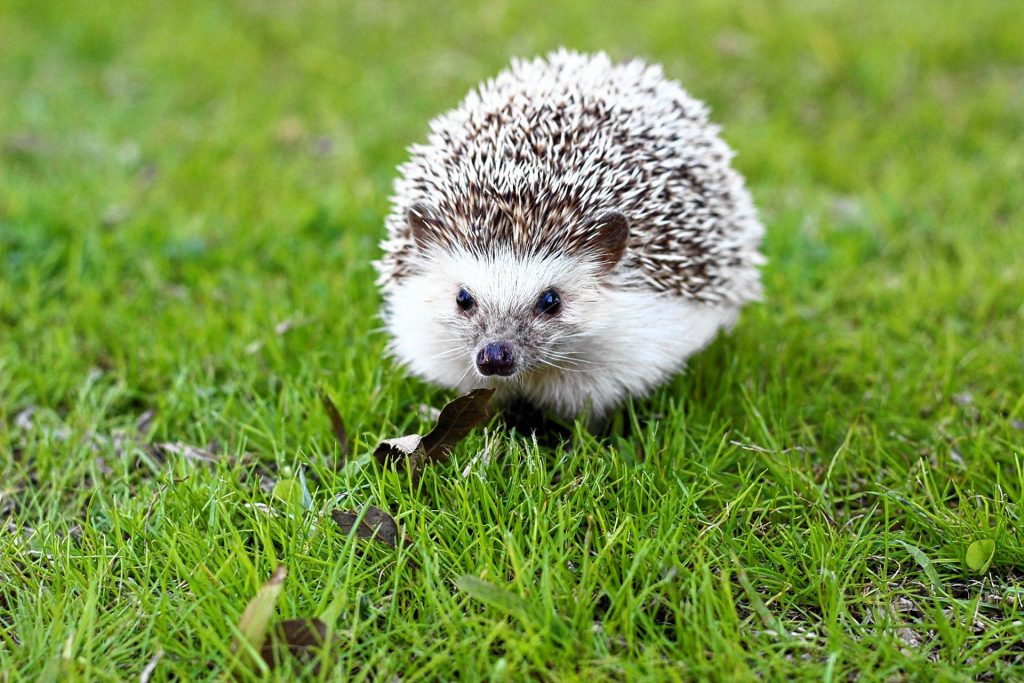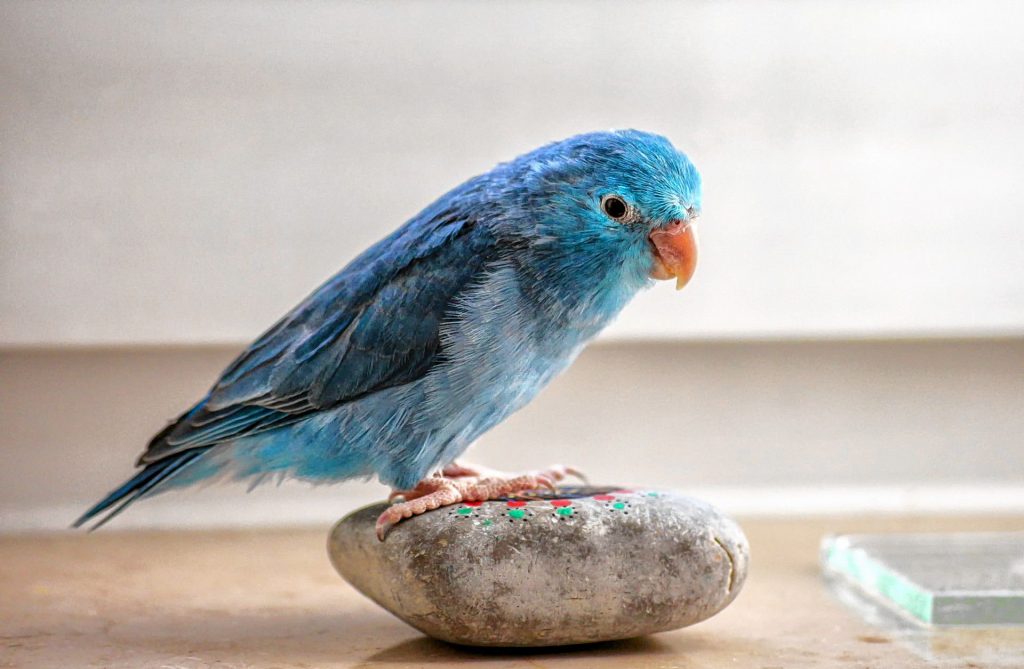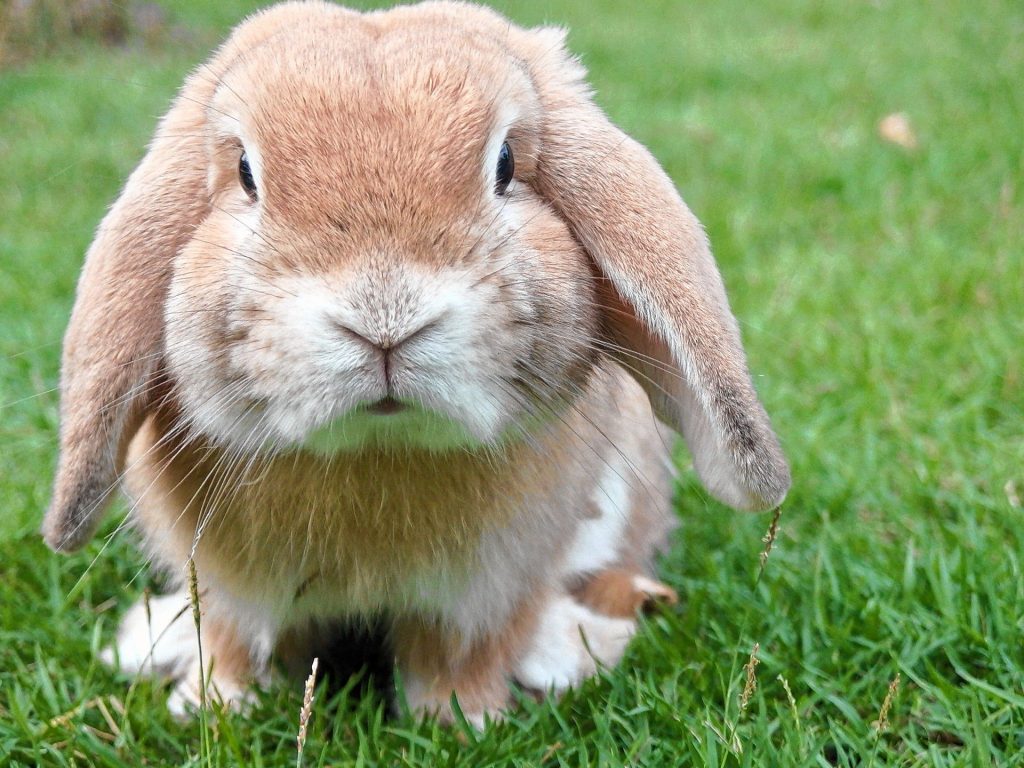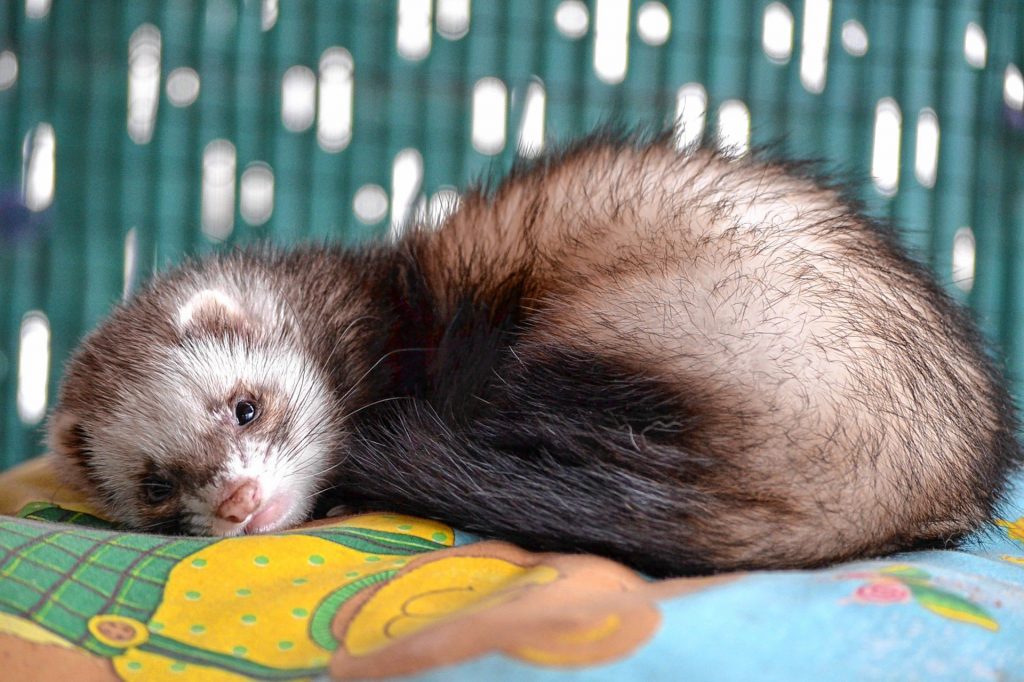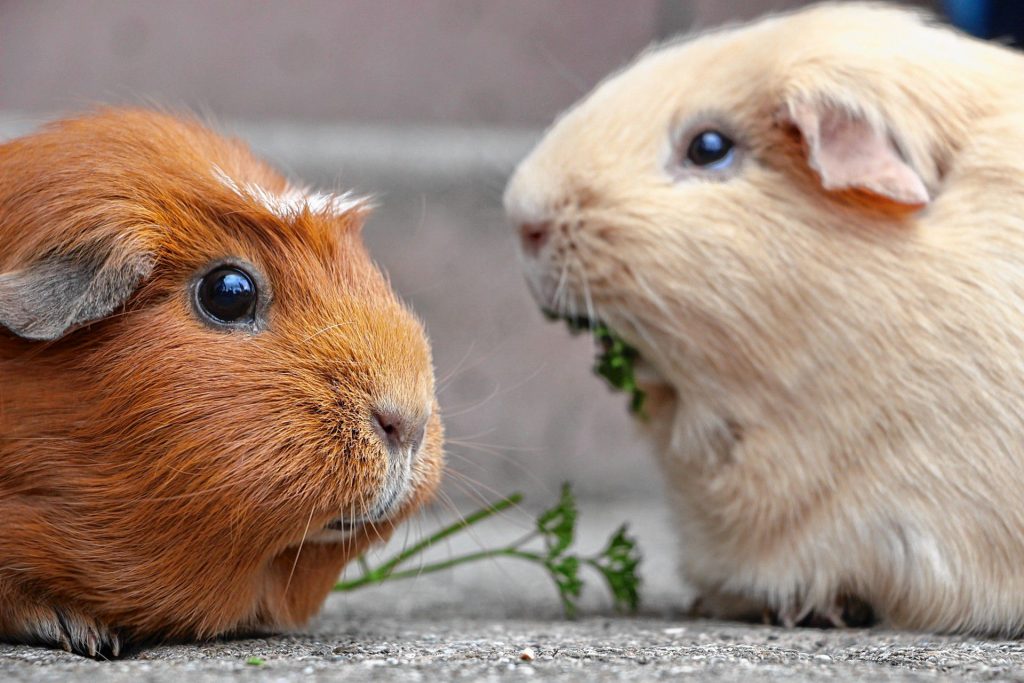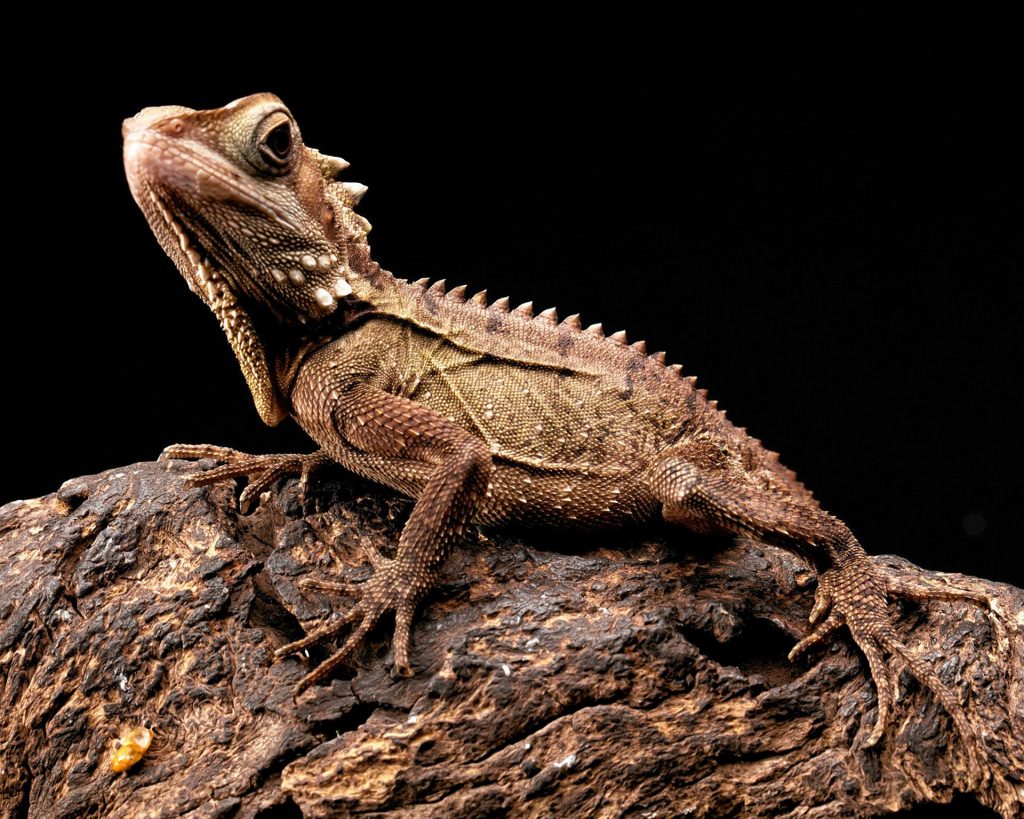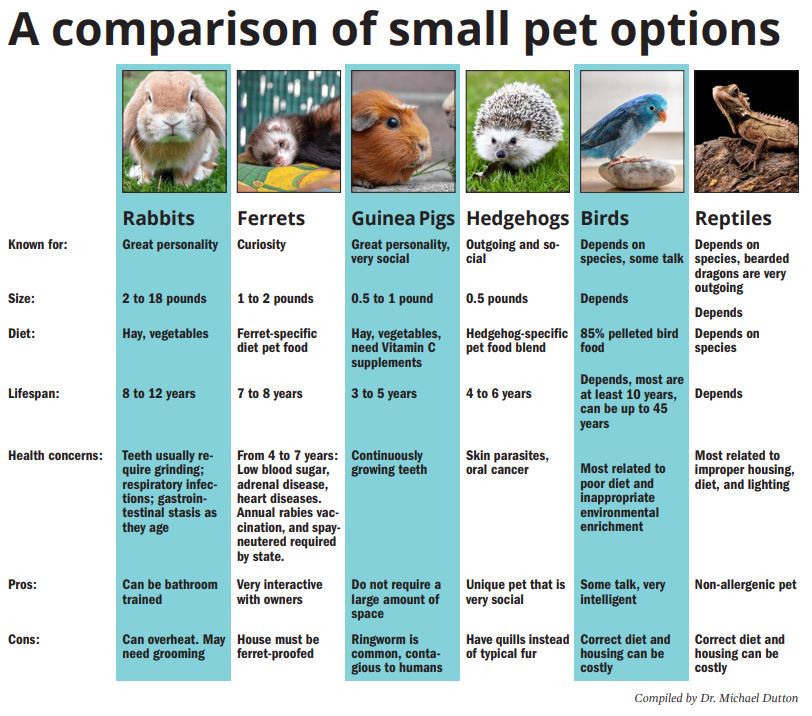It’s gift-giving season, and you may be considering giving someone you love a pet. Before you run to the pet store or shelter, here are some things to consider.
Since COVID-19 broke out, pet ownership has soared as evidenced by the number of new pet adoptions at humane societies. At the same time, the costs of pet ownership are also causing an increase in pets being surrendered to shelters. Small or exotic pets may be a good alternative, as long as you first check-in with someone in the household of where the pet will live. Exotic pets have special needs including diet, environment, housing, and veterinary care, and it is critical that those needs are met. Here are some pets to consider, as well as their needs, medical concerns, and life expectancy.
Rabbits
Rabbits are a common pet locally. There are numerous breeds of rabbits with adult sizes ranging from two to 18 pounds! Rabbits are “hindgut” fermenters, which means they need lots of hay and vegetables. They are naturally curious and can be toilet trained. People can house them indoors or outdoors. They are somewhat heat intolerant so if housed outdoors in the summer, they should have a shaded area.
Rabbits have continually growing teeth that may present issues as they get older. They are also prone to chronic respiratory infections and gastrointestinal stasis (a shutting down of the normal gut activity). Annual veterinary examinations are highly recommended, as is spaying or castrating your rabbit since they breed quite readily. The average domestic rabbit lives to eight to 12 years. Neutering or spaying a rabbit commonly occurs.
Ferrets
Ferrets only have one breed but come in a variety of colors and patterns. Most are one to two pounds and are fed a ferret-specific diet readily available at pet stores. They are carnivores like cats. Ferrets can get into numerous little holes in your house, so you need to “ferret proof” your house before getting one. Like rabbits, they are heat intolerant and should be kept about 65 to 75 degrees.
Medically, ferrets develop a number of diseases usually about four to seven years of age including low blood sugar due to insulinoma, adrenal disease, and heart disease. In most cases, these are manageable, but not curable, diseases. Canine distemper virus infections are fatal for ferrets but there are preventive vaccinations available. New Hampshire requires annual rabies vaccination for ferrets. Annual veterinary visits are also recommended. The average ferret lives to seven to eight years.
In New Hampshire, only spayed or castrated ferrets can be purchased since ferrets can live in the New Hampshire wild and become an invasive species.
Guinea pigs
Guinea pigs are social pets with great personalities. Like rabbits, they are herbivores and ferment their food, and their teeth continue to grow but we see fewer dental issues than with rabbits. Gastrointestinal stasis is also seen. Ringworm is common in young guinea pigs, an opportunistic skin fungal infection contagious to people. Due to their size, they are typically housed in an enclosed habitat. Their average life span is five to eight years.
Hedgehogs
Hedgehogs are social pets with outgoing personalities but prefer to live alone. In the wild, they eat insects and require special diets in captivity. Their average life span is four to six years.
Pet birds
Pet birds are often fascinating, but they require a lot of care over many years, often decades. Depending on the species of bird, there are very specific requirements for diet, housing, lighting, and human interaction. Researching the particular needs of a pet bird should always be done first.
Common diseases seen in birds are usually related to poor diets (human foods or a mostly seed diet are not good choices) or lack of appropriate environmental enrichment. For almost all birds, a complete, balanced pelleted food should make up over 85% of the food the bird eats.
Reptiles and amphibians
Reptiles are very popular with owners nowadays. Lizards are the most common reptile seen. Like birds, reptiles have very specific diet and environmental needs. Many times, the cost of an appropriate cage with heat, humidity, and lights ismore than the reptile. A good beginner lizard is a bearded dragon.
In considering any pet, you should always consider your lifestyle and financial ability to care for a pet. These exotic pets may be allowed in apartments that have restrictions against dogs or cats. Someone with medical conditions, such as allergies to dogs or cats, may not be allergic to a small mammal, bird, or reptile. Many times, the cost of owning a non-traditional pet is less than a dog and, in some cases, less costly than a cat.
If you are interested in these non-traditional pets, seek out expert advice and be sure that the pet you choose is a good fit for your lifestyle. Like any pet, these pets need us to care for and love them for their whole life.
(Dr. Michael Dutton is a board-certified specialist in Exotic Companion Mammal Practice as well as Avian Practice, Reptile & Amphibian Practice, and Canine & Feline Practice. He can be reached at 529-4999 or 487-6447, wearevet.com or hopkintonvet.com.)

